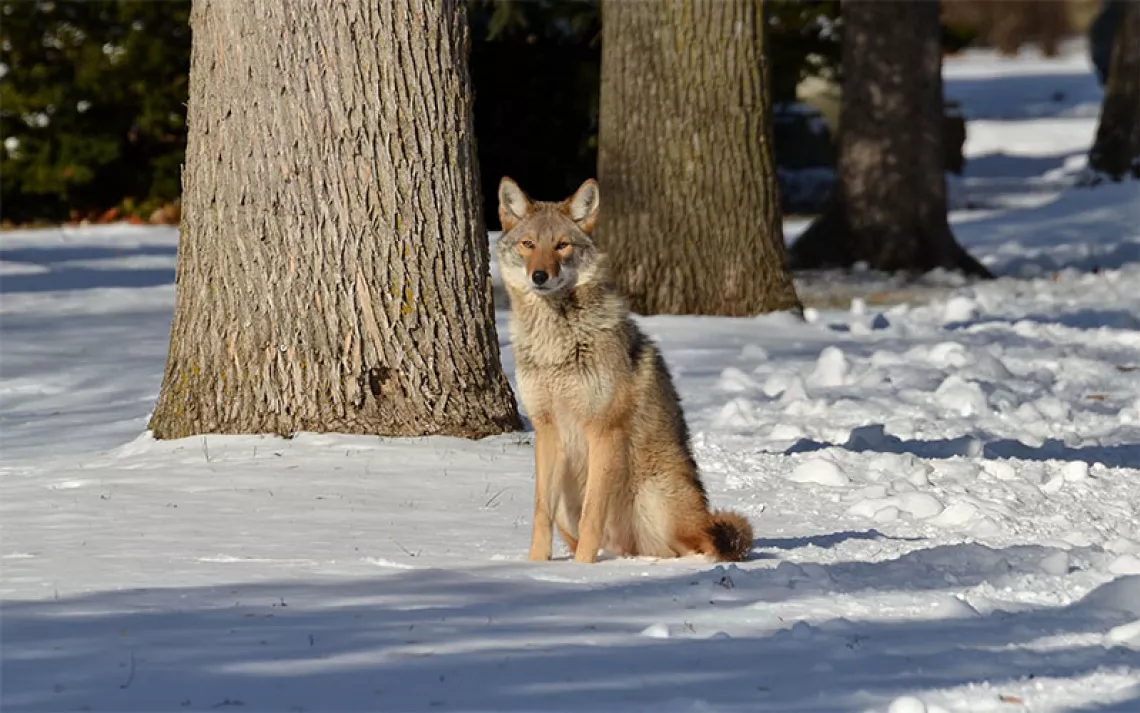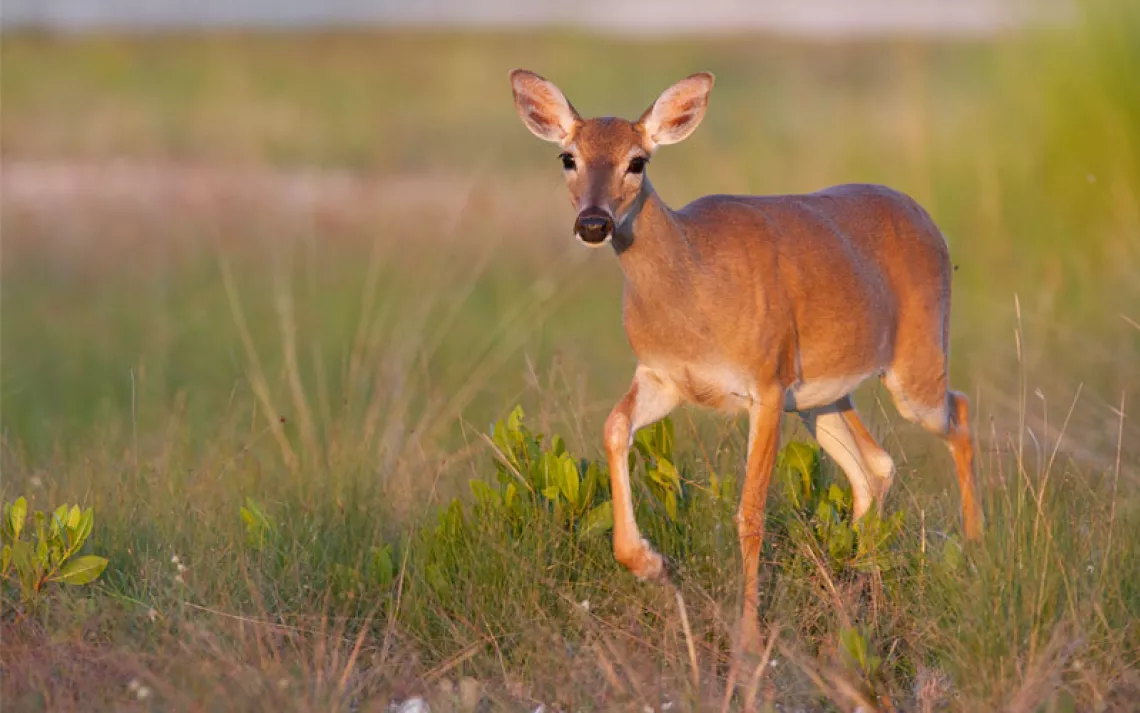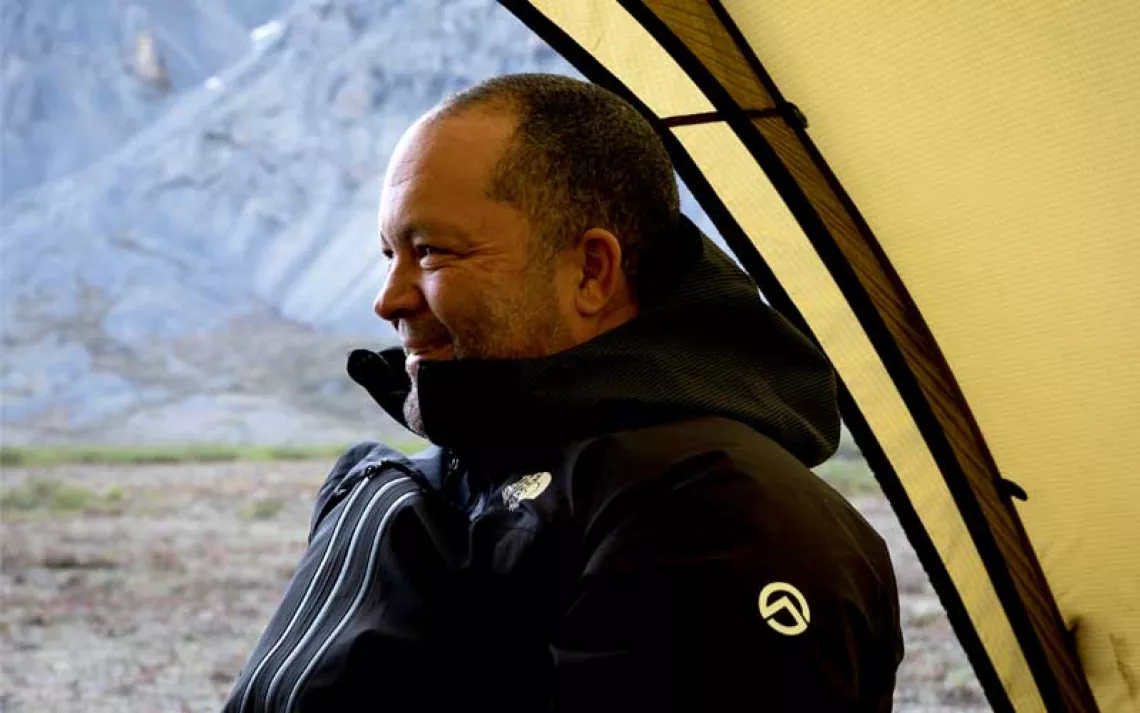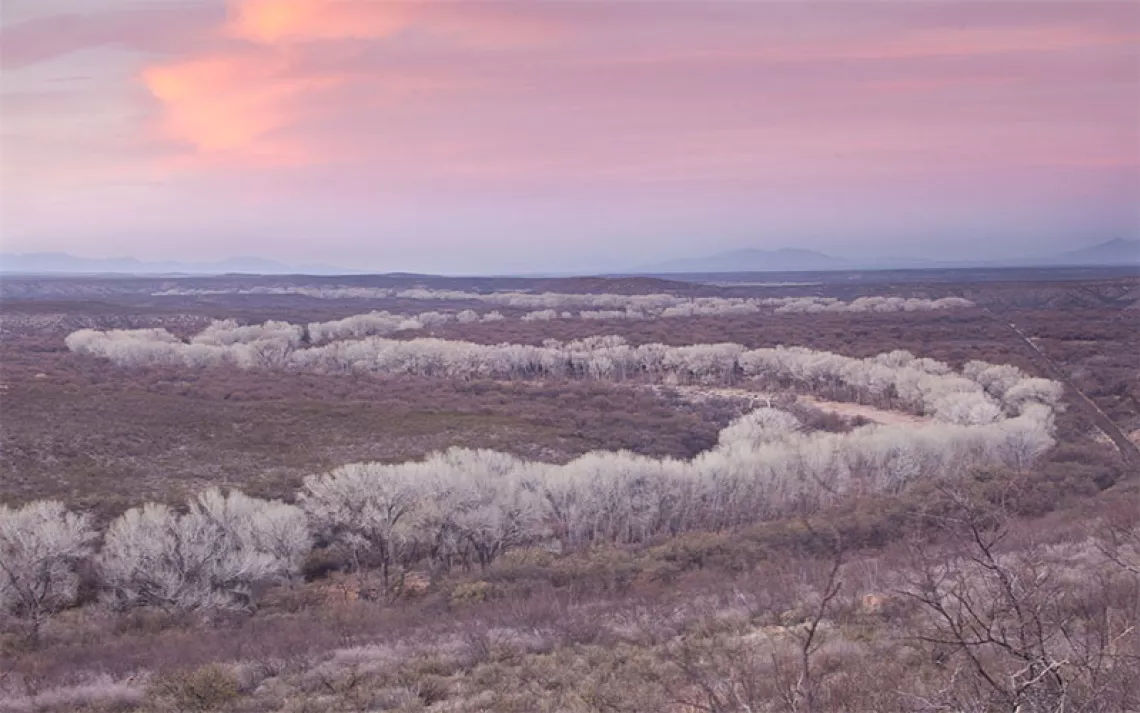Wild Connections
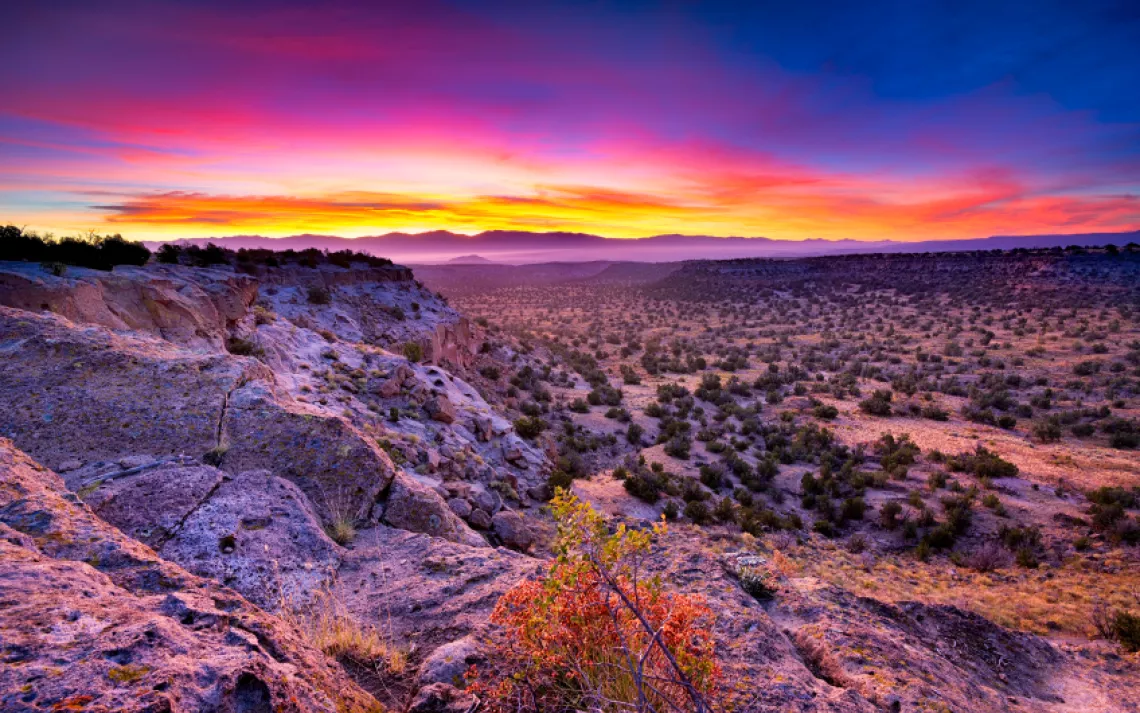
What does wilderness mean to the millennial generation? The Sierra Club's National Wilderness Essay Contest asked young writers to answer this question. Below, contest winner Jeff Wagner offers his perspective.
I spend my life taking people into wilderness. I am a 23-year-old outdoor educator, and my students are people not much younger than myself: teenagers and twenty- somethings. Every time, whether we're out there for a week or a month, there's always a night when we lie on our backs and stare up at the night sky. The stars out there are like powdered sugar. The silence consumes us until somebody says, "I don't want to go back."
Nobody responds, but we all agree. I ask my students what they will miss about the wilderness. The peace. The quiet voices of the wind and the water. And the feeling of reality, they always say, because wilderness teaches us what really matters.
As American lifestyles speed up, the lessons we learn from wild places are more relevant than ever. Our culture is emphasizing instant gratification, instant communication, and global visibility. Everything is getting faster: food, communication, work, even vacations. The gulf between wilderness experiences and mainstream life is growing, and we have never been more disconnected from our environment. I've worked with young students who have asked me whether the cows we drove past were alive, and I've worked with people my age who had never seen the stars.
The most important things we deal with on a daily basis in the wilderness are the safety and happiness of our companions. The simplicity of spending time in wild places is rooted in the connections we develop with our environment and the people we bring with us. We settle into an effortless rhythm as the days flow past. Spring sprouts into summer. The moon waxes towards full. You can begin to sense where the water hides in a dry desert wash.
Then, all at once, we come crashing back into the computer age. My friends and family ask me, what do you do out there? How can you handle being disconnected from the world for weeks on end? Unlike much of our technology, wilderness builds strong connections. Like a best friend, you can't distill your experiences together into a two- sentence online post. The trails and the peaks, the rivers flowing through the desert. The ponderosa, cottonwood, and ocotillo.
Last fall, I slept on a mountaintop deep in the New Mexico desert. It rained hard that night and heat lightning lit up the horizon until dawn. At sunrise, a 24-year-old man arrived on the summit, tiptoeing around pools of water that had collected in the rock. He quit a job with Google a few weeks earlier to come wander the desert. In the office, he had a growing feeling that there was something to learn in these mountains, and he decided to find it. I asked if he had found what he was looking for. He laughed at that, knelt down beside the rainwater, put his face in and drank deeply.
I hear his story again and again from young people I meet in far-flung canyons, rugged mountains, and dark forests. They left their successful life because it didn't feel successful anymore. They came to the wilderness because they wanted to be in a place more powerful than themselves. As my students would say, there's something about wilderness that gets into your soul.
There's a growing hunger in my generation for something raw and true. To be on the loose, free from traffic jams, professional references, and masses of people lost in the pale glow of their electronics. Young people tell me they want a different lifestyle, one where simple things like peace and health are more important than a quick profit or instant visibility on the internet. They want to live in a society that values the things that pay off in the long run, like clean air, clean water, and a starry night sky. They want things that pay off in human terms. Lots of things come in instant form, but not happiness, kindness, peace, empathy, genuine connections, and certainly not patience.
So what's the role of wilderness for my generation? All those twenty-somethings trying to make their way in this world? Environmentalists have no greater ally and teacher than wilderness. I see it in every person I spend time with in wild places and how it changes their perspectives on the world. Wilderness lets us experience an alternative to what humans have created, and it demands that we ask ourselves where our world is going.
 The Magazine of The Sierra Club
The Magazine of The Sierra Club
